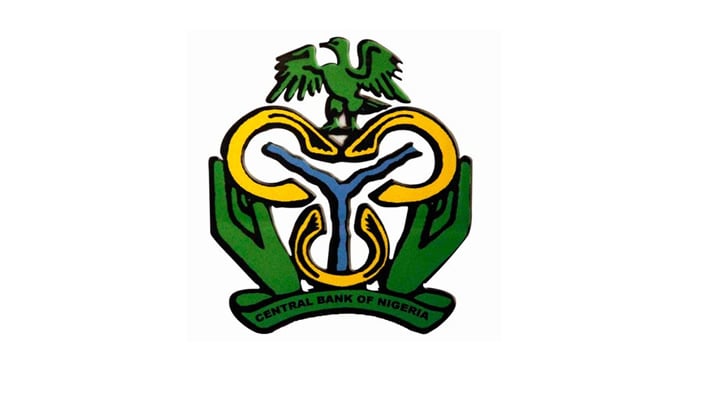

By Segun Odunewu, Lagos
The Central Bank of Nigeria’s (CBN) decision to retain the Monetary Policy Rate (MPR) at 27 per cent has triggered fresh debate across the financial and business sectors, with economists warning that prolonged monetary tightening could dampen economic growth and worsen pressures on small and medium-sized enterprises.
The apex bank announced the decision on Tuesday at the conclusion of its 303rd Monetary Policy Committee (MPC) meeting in Abuja.
CBN Governor Olayemi Cardoso defended the move, stressing that price stability remains the bank’s top priority, especially as inflation—though showing signs of gradual moderation—remains uncomfortably high.
However, several analysts argue that maintaining the tight stance may now do more harm than good.
CEO of the Centre for the Promotion of Private Enterprise (CPPE), Dr. Muda Yusuf, said the MPC missed an opportunity to boost market confidence and support recovery in the productive sector.
“A marginal reduction of even 25 to 50 basis points would not have derailed price stability. Instead, it would have offered struggling businesses some breathing room,” he said.
“By holding at 27 percent, the CBN risks extending the credit squeeze that is hurting the real sector.”
Yusuf added that Nigeria has achieved “some degree of macro stability,” and that the time may have come for a slow and deliberate transition toward growth-friendly monetary policies.
Concerns are also mounting over the widening gap between Nigeria’s inflation rate—hovering around 16 percent—and the 27 percent benchmark interest rate.
CEO of Kwik Consulting, Thomas Amusan, described the gap as “economically distortive,” warning that lending will remain prohibitively expensive unless the stance is recalibrated.
“A 10 percent spread signals severe misalignment. The cost of capital will stay abnormally high, stifling productivity and discouraging private investment,” he said.
Amusan noted that the imbalance encourages banks to lend more to government, where returns are predictable, instead of financing the private sector.
Small and medium-sized enterprises—the backbone of Nigeria’s economy—are among the hardest hit. With lending rates ranging between 33 and 45 percent, many SMEs say expansion or new investment has become nearly impossible.
Sharon Nwosu, CEO of a small manufacturing firm in Abuja, described the situation as “crippling.”
“At 35 to 40 percent interest rates, expansion is impossible. We’ve had to cut production volumes and shelve planned investments. The policy is slowing growth for businesses like ours,” she said.
Analysts warn that sustained tightening could undermine job creation, slow industrial output, and delay full economic recovery.
Despite these concerns, some analysts say the CBN’s cautious approach is understandable given Nigeria’s unstable macroeconomic indicators.








